Types of containers to grow autoflowering seeds
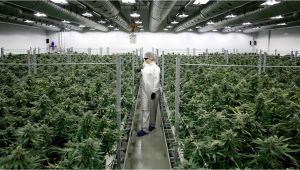
- 1. Things to remember when choosing containers
- 2. Paint buckets
- 3. Plastic containers
- 4. Terracotta containers
- 5. Cement pots
- 6. Smart pots
- 7. Air pots
- 8. What is the right sized container for the best autoflower cultivation?
- 8. a. Indoor cultivation
- 8. b. Outdoor cultivation
- 9. The best substrate to use in your containers
- 10. In conclusion
Containers come in various shapes and sizes. They play an important role in growing cannabis, especially if you’re planting autoflowering seeds. Autoflowering cannabis varieties are a little different compared to photoperiod strains because they don’t grow as big as the latter. This makes it even more important for you to choose the best container.
If you think ‘the bigger, the better’ for autoflowering pots, then think again. If your strains are small, a large pot makes it harder for the roots to grow and to absorb nutrients. One more thing is that small pots for bigger strains limit the plant’s growth and the size and quality of your buds will be impacted.
Some materials like fabrics are better than others when it comes to pots for growing autoflowering cannabis. Generally, plastic containers can create more issues, especially if they don’t have drainage holes. Smart pots or airports are efficient for draining and allowing oxygen to travel to the roots.
1. Things to remember when choosing containers
Indoor autoflowers grow well in 3-gallon containers, however, this might not be the case for bigger genetics. When you pick out the size of the gallon be aware of the space you have available in the grow space and your strain’s characteristics.
Bigger, 5-gallon pots won’t take more space than a smaller one, but they still have some disadvantages:
- They’re expensive and can put a hole in your wallet
- They occupy too much space in your grow space
- They might not be suited for the size of your autoflower
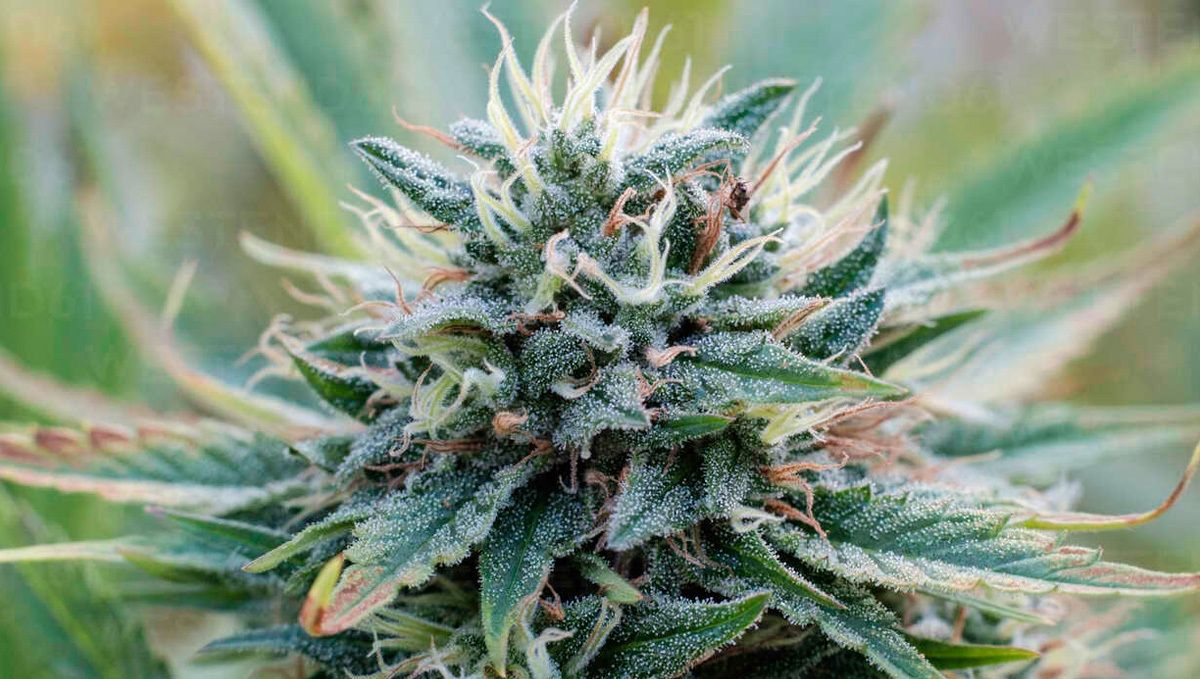
Autos are fragile plants, particularly in the first stages of life so almost any highly stressing action can impact the growth of the plant. For example, if you notice the pot is too small for your cannabis plants, then you better be extra careful when you transplant them to a bigger pot. If you’re at the start of your growing journey then you might not be ready to perform a transplant. This method is dangerous because it can stress the autoflower to the point where it might stop its evolution.
A bad pot can have awful consequences on the autoflower’s roots. With lack of drainage, issues like waterlogging, rot and even complete death of the plant can appear. Some pots with too many draining holes can get the roots very dry, and this translates to more frequent watering. When you water your cannabis plants, aim to keep the soil moist, but not wet enough that your plants get drowned.
Just don’t germinate your autoflowering seeds in dixie cups or plastic containers because the risks of getting the roots bonded are very high.
2. Paint buckets
A DIY method to create growing pots, paint buckets are a great way to save a bit while also giving your plants enough room to grow. There’s only one thing you need to do is to make some draining hole at the bottom. Besides that, make sure you clean the bucket very well because some paint manufacturers use lead in their paint. This chemical can have a strong impact on the quality of the harvest and it can even bleed through the buds, so be careful.
3. Plastic containers
You’ll find plastic containers in almost every store specialized or not for gardening. Get containers with drainage holes, or make yourself the hole. This will allow the excess water to drain and the roots will be in contact with the oxygen.
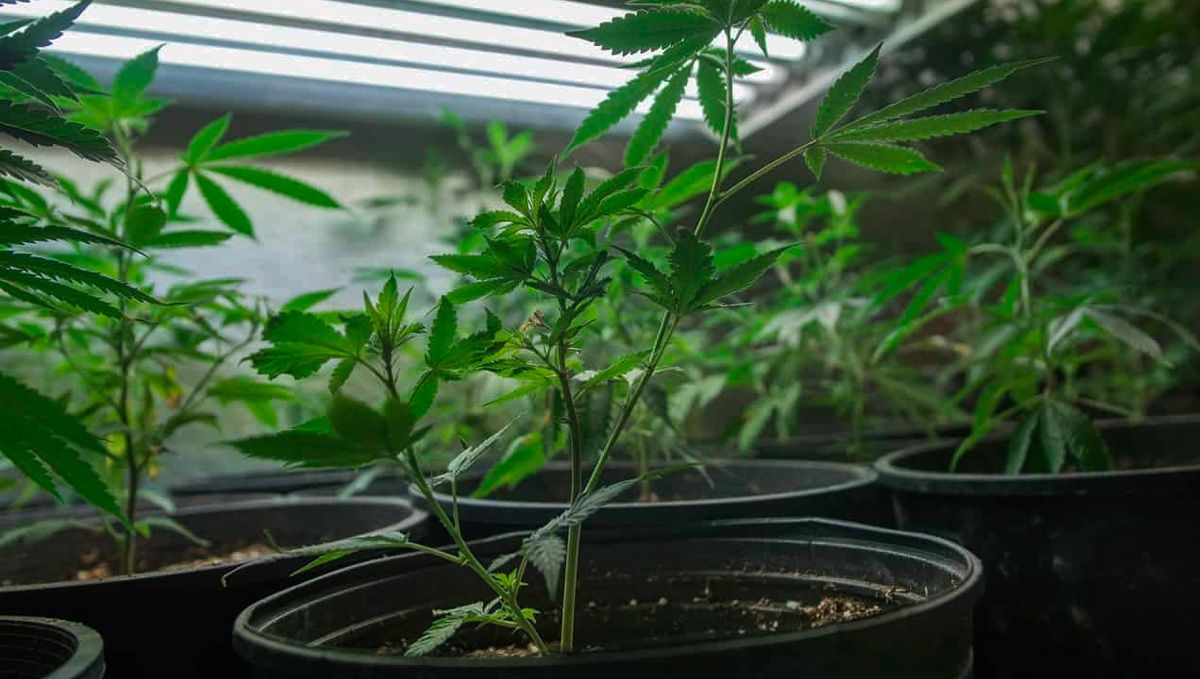
This will allow excess water to exit and you won’t have to deal with issues like moldy roots. For a pot of 3 to 5 gallons, 5 to 10 holes should do the trick but always make sure to do your own assessment based on the thickness of the pot.
4. Terracotta containers
Terracotta pots are a great option for outdoor growing thanks to the good drainage that combats the risks of overwatering. These types of pots keep the roots moist without causing waterlogging issues. The main negative point of terracotta containers is their weight once you’ve filled them up with soil.
5. Cement pots
Cement pots are your go-to option if you want something that’s going to last for a long, long time. Though, there are some advantages to cement pots. The most annoying parts are the weight and the problems these can cause when watering the autoflowers.
6. Smart pots
Smart pots have a great reputation among cannabis growers for their efficiency in aeration, drainage and root health. The structure of the pot allows the autoflowers to grow without causing rootbond. Also, the excess water drains quicker in comparison to other materials.
The amount of air that reaches the soil will be beneficial to the autoflower’s development. Since the constant contact with oxygen gets the roots growing, you’ll notice secondary branches that play an important role in the stability of the plant. Fabric pots tend to be lighter than other materials so they’re easier to transport and to store.
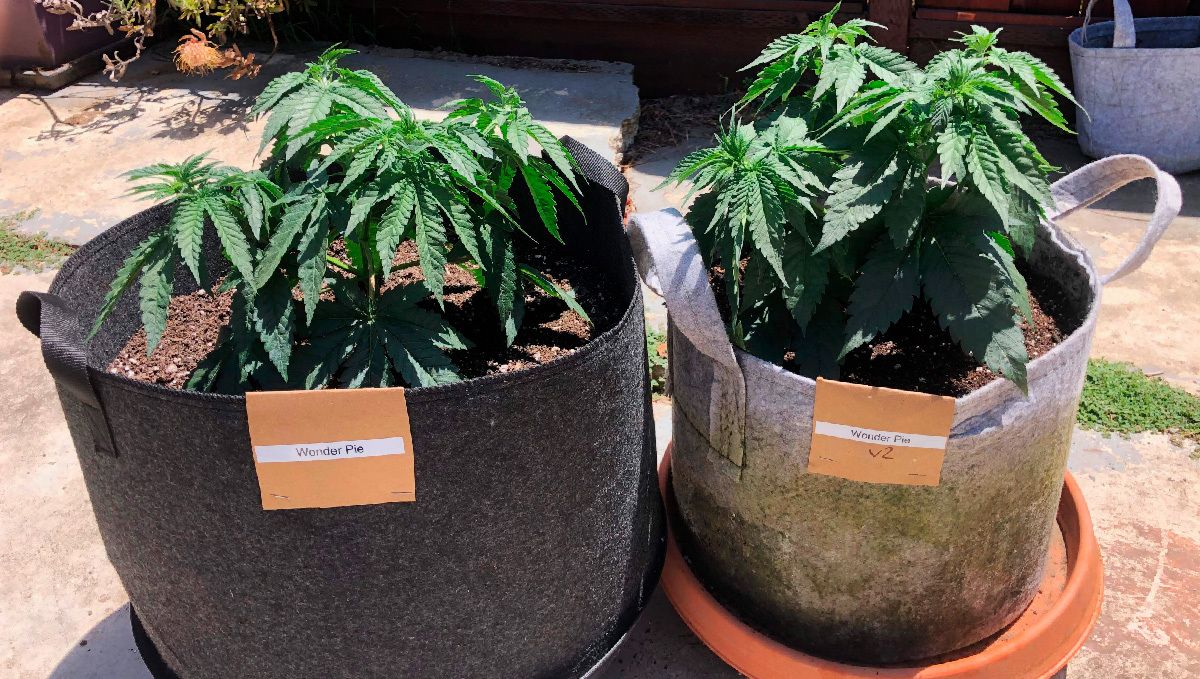
Still, there is a small issue with smart pots that you need to pay attention to. Because they’re so well draining, you might have to water your autoflowers more often to keep up with your plant’s needs.
Whether you pick a 3 or 5 gallon smart pot, remember to put something under it to catch the excess water so your growing space doesn’t get flooded.
7. Air pots
Air pots work similarly to smart pots because they provide a great amount of aeration to the roots and don’t permit them to get bound. Since there are many holes over all the surface of the pots, the roots get access to oxygen all throughout their growth cycle.
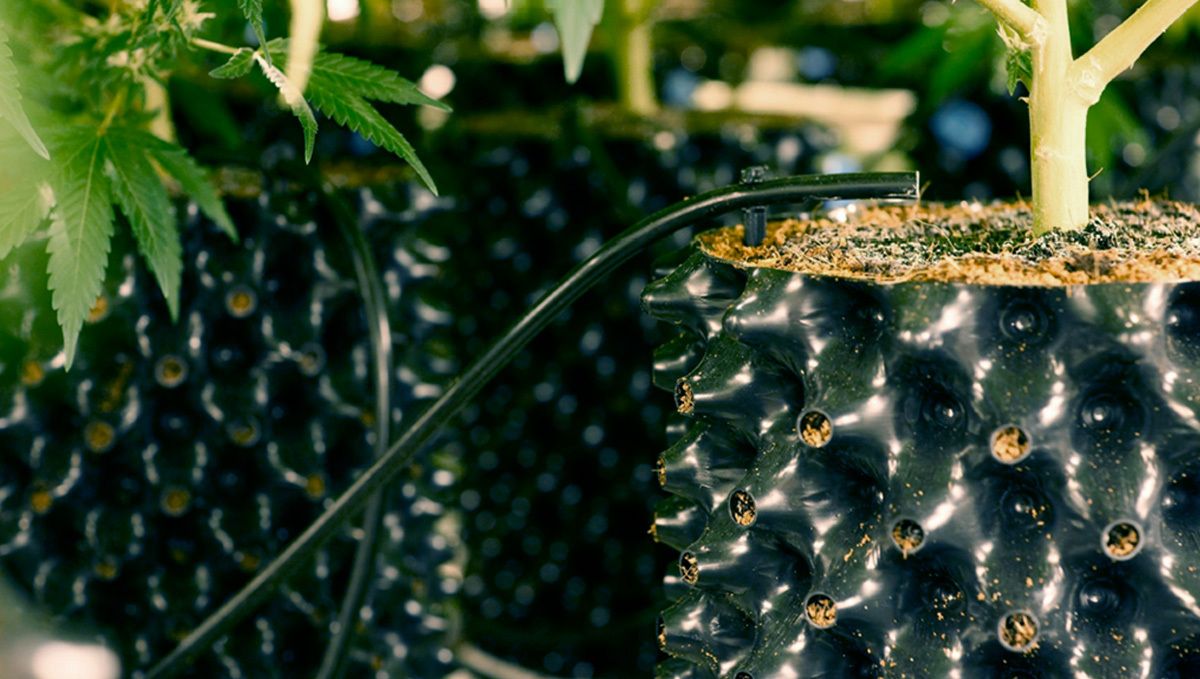
These pots also can require more frequent watering since the draining pots are very efficient and your soil might get dry fast.
8. What is The Right Sized Container For The Best Autoflower Cultivation?
Autoflowers are more fragile to external stress so choose the right size of the pot from the start to avoid structural issues. Since autoflowering cannabis gets to the flowering stage no matter how much light you give it, they don’t have enough time to rest and recover.
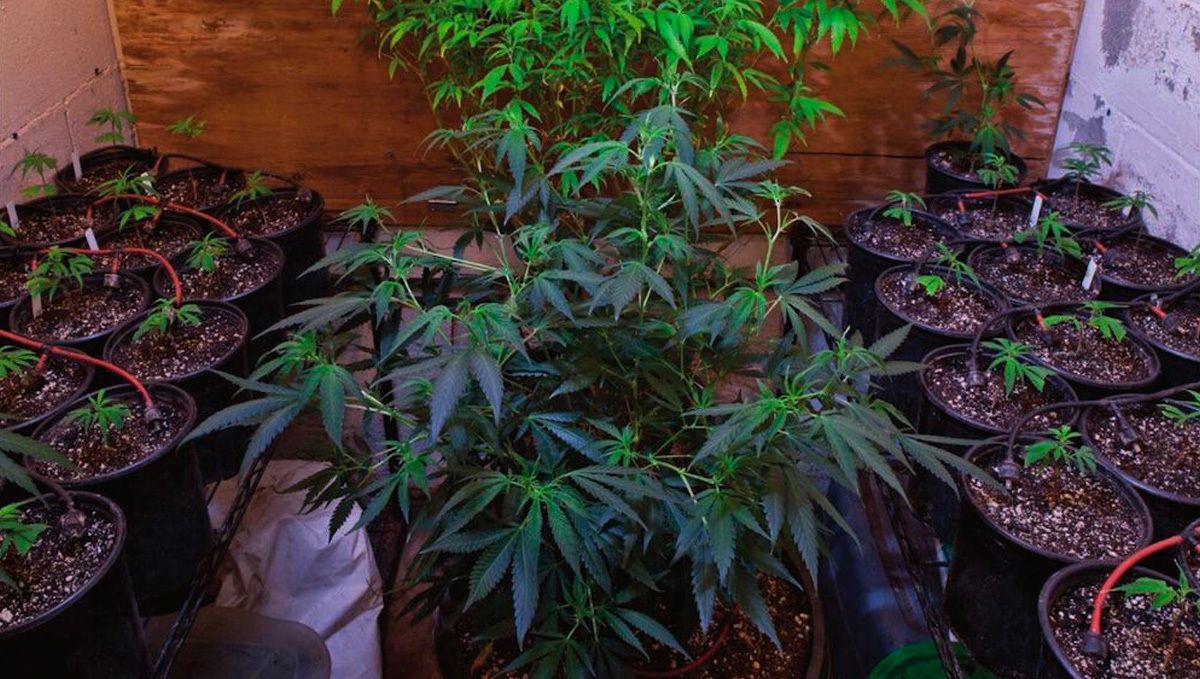
Beginners tend to think that transplanting autoflowers to a larger pot is easy and with no consequences on the plant’s development. Unfortunately, that’s not the case, especially during the seedling stage when the roots are fragile and need stability.
Ok, so what size container should you use for the best results?
When you’re shopping around for a pot, you have to think about the type of strain because some varieties grow taller or bushier than others. If you want to grow more plants in one pot, get a container that will fit more than one auto while allowing enough space between them.
Indoor Cultivation
Get yourself pots that fit in the growing space you have available if you don’t want to fill up the room. The ideal sized pot for indoor cultivation is 3 gallons (12 L). The smaller size is great for limited growing space where you optimize it to add many more strains.
Outdoor Cultivation
Outside, plants tend to grow bigger so 5-gallon containers are the best for outdoor cultivation settings. The larger pots support the strains that grow taller and bushier without compromising on the health of the roots.
9. The Best Substrate to Use in Your Containers
The type of substrate used in the pots needs to be suitable for the environment where you grow the marijuana plants. Making your own substrate you make sure it can keep more moisture in warmer spaces or it can drain easier in colder regions. For example, you can add more perlite or vermiculite to the substrate to get water flowing easier.
Soil-Based Cultivation
Many growers use soil because it doesn’t need constant tending and it’s easy to solve small issues like excess watering. The soil already contains microorganisms that create nutrients for the plant. Your cannabis can absorb the amount of nutrients it needs from the organic matter in the soil.
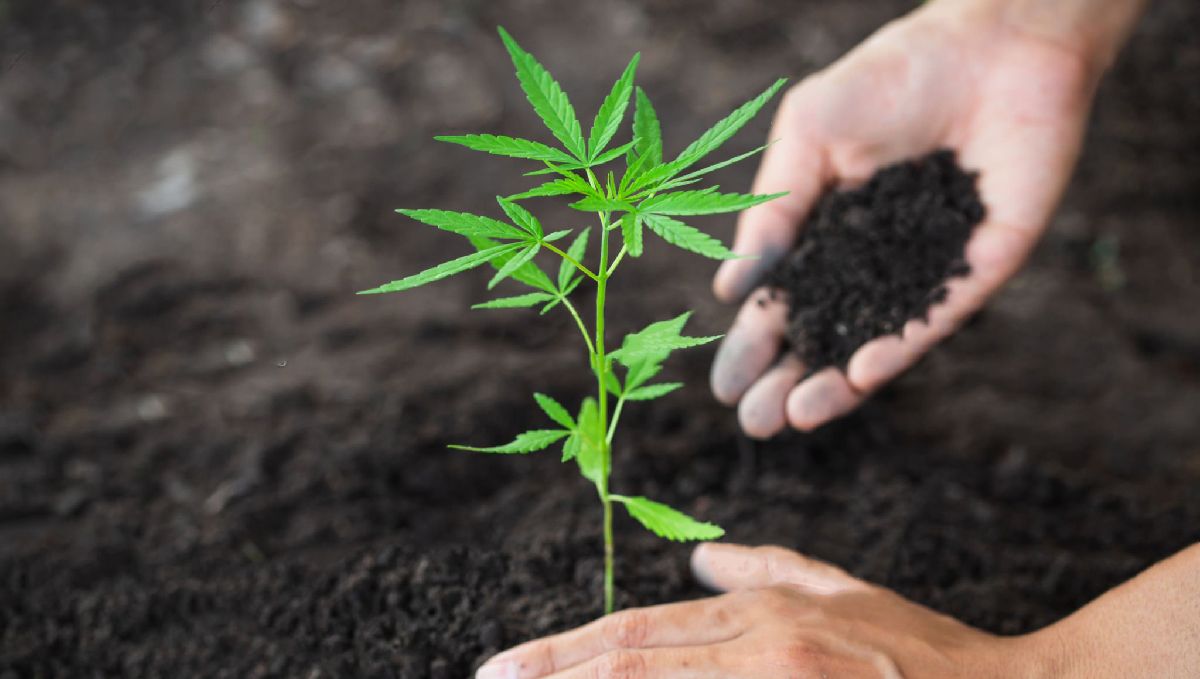
A constant temperature at the roots has great benefits for the plant’s growth and overall health.
Pros:
- Easy to work with
- Economical
- Resilient and forgiving
- Insulation properties
- Nutrient retention
- High-quality buds
Cons:
- Lack of proper aeration
- Risk of becoming compact
- Regular maintenance
- Risk of pathogens like E.coli and salmonella
- Lack of fast and vigorous growth patterns
Over the past 10 years, coco-coir has become the go-to substrate for autoflowering cultivation thanks to the perfect balance between soil and hydroponic cultivation.
Coco-Coir Based Cultivation
Over the past 10 years, coco-coir has become the go-to substrate for autoflowering cultivation thanks to the perfect balance between soil and hydroponic cultivation.
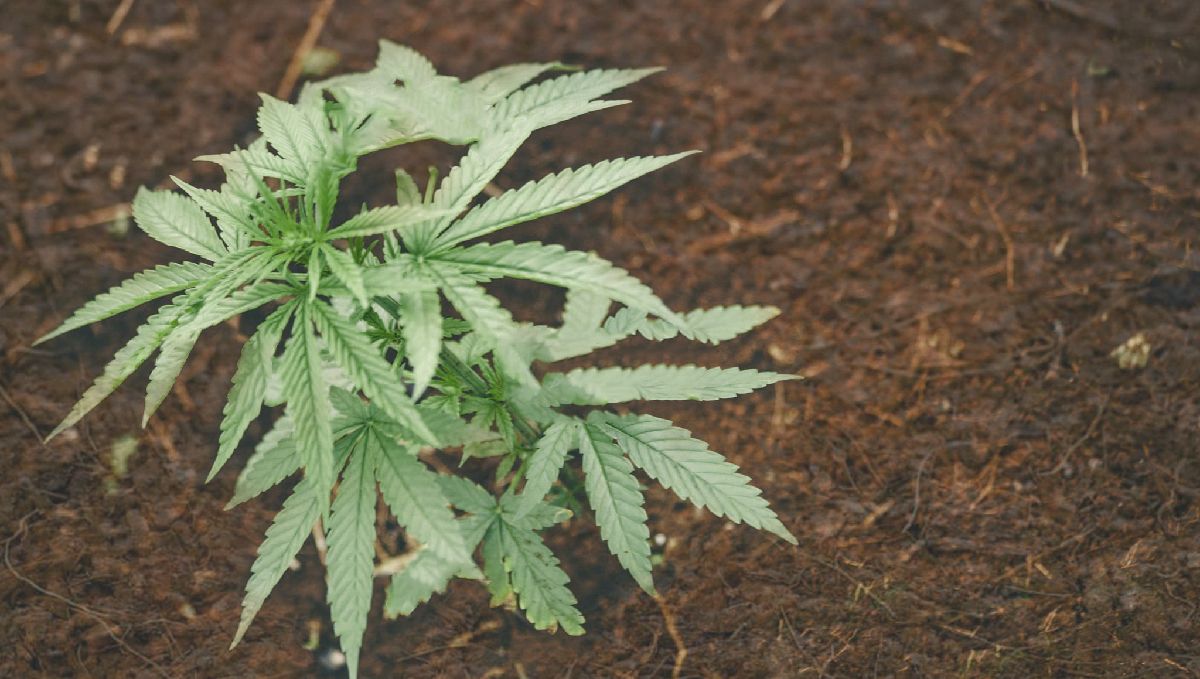
This soil mix is a by-product of the coconut industry and is often preferred in autoflowers cultivation because it allows more airflow to the roots. The coconut husks allow the oxygen to travel easily to the roots, while keeping the moisture levels constant. One more extra point is that coco-coirs has no nutrients which means that you’ll know at all times the amount of nutrients you provide to your plants. Also, this type of substrate is ideal to promote faster and more vigorous growth.
Pros:
- High aeration
- Excellent water drainage
- Completely inert, allowing for full control of the nutrient schedule
- Can be used in all indoor and outdoor cultivation situations
- Fast & vigorous growth
- Allows for easy repotting of large plants
- Light and easy to transport
- Renewable and sustainable
- As simple as soil, as productive as hydro
Cons:
- Coco-coir often shows CalMag issues
- You have to be much more careful with the pH levels
- Expensive compared to soil
- Requires a bit more technical knowledge to get the most out of it
- More work. You need to mix up the feed water for each and every feed
So, which option should you choose? Well, that's a decision you are going to have to make for yourself. They both come with advantages and disadvantages, and both do a great job of producing high-quality buds. Soil-based cultivation is going to be much easier to manage, and more forgiving for novice cultivators.
10. In Conclusion
With all the options out there for cultivating cannabis, we can safely say that smart pots are the best pots on the market. Just make sure you water your plants often and check the moisture levels so you won’t have to deal with underwatering issues.








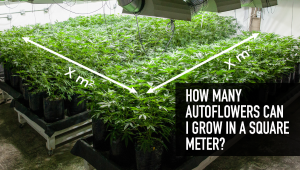

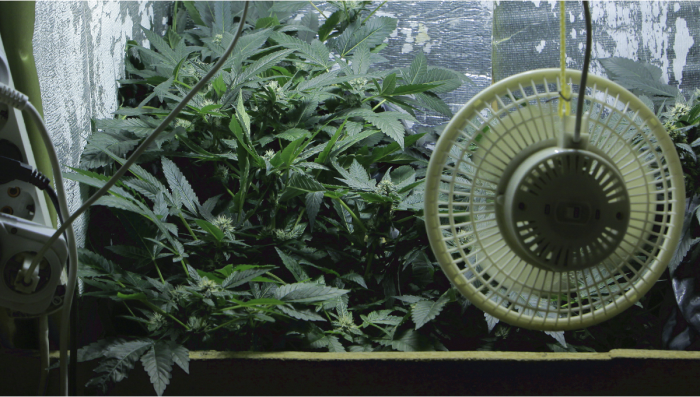
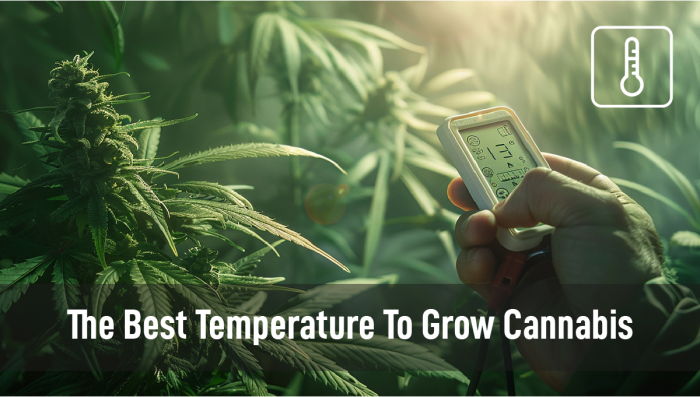
Comments